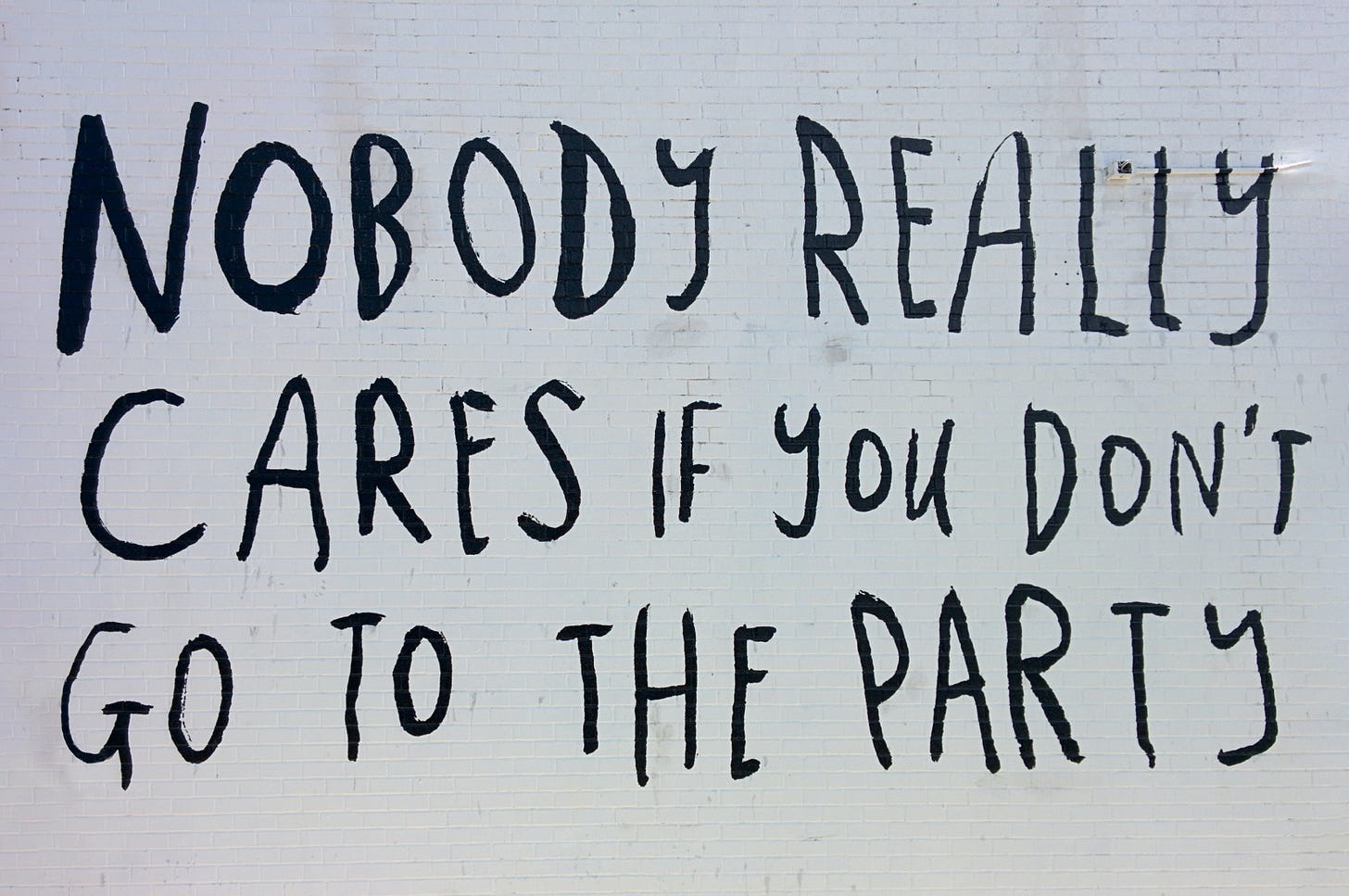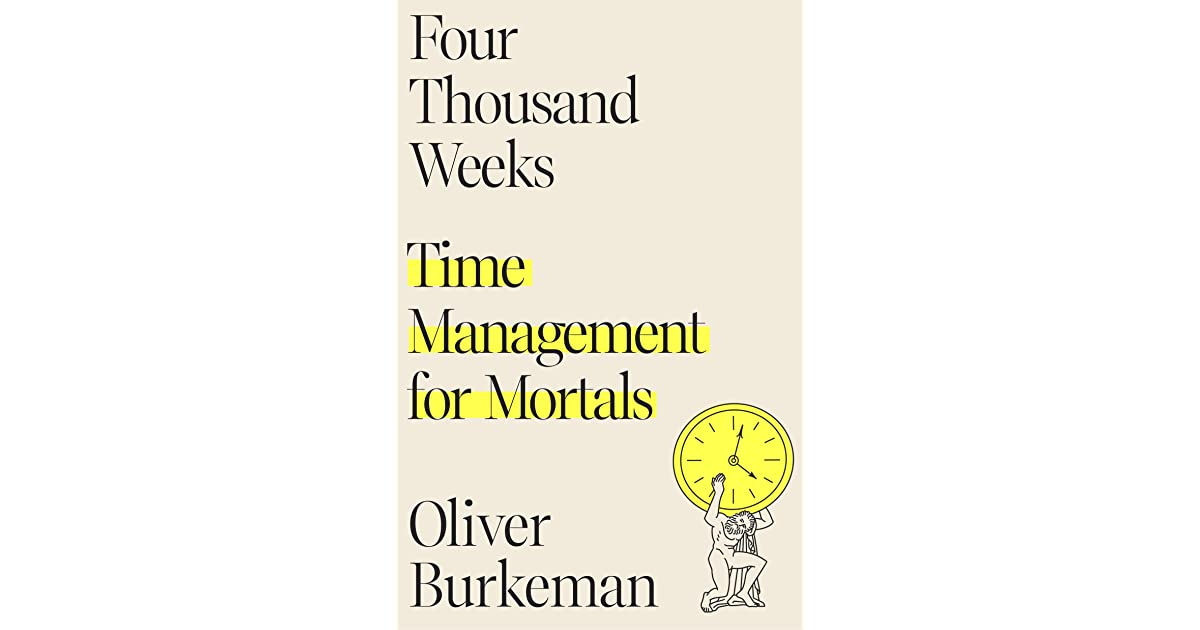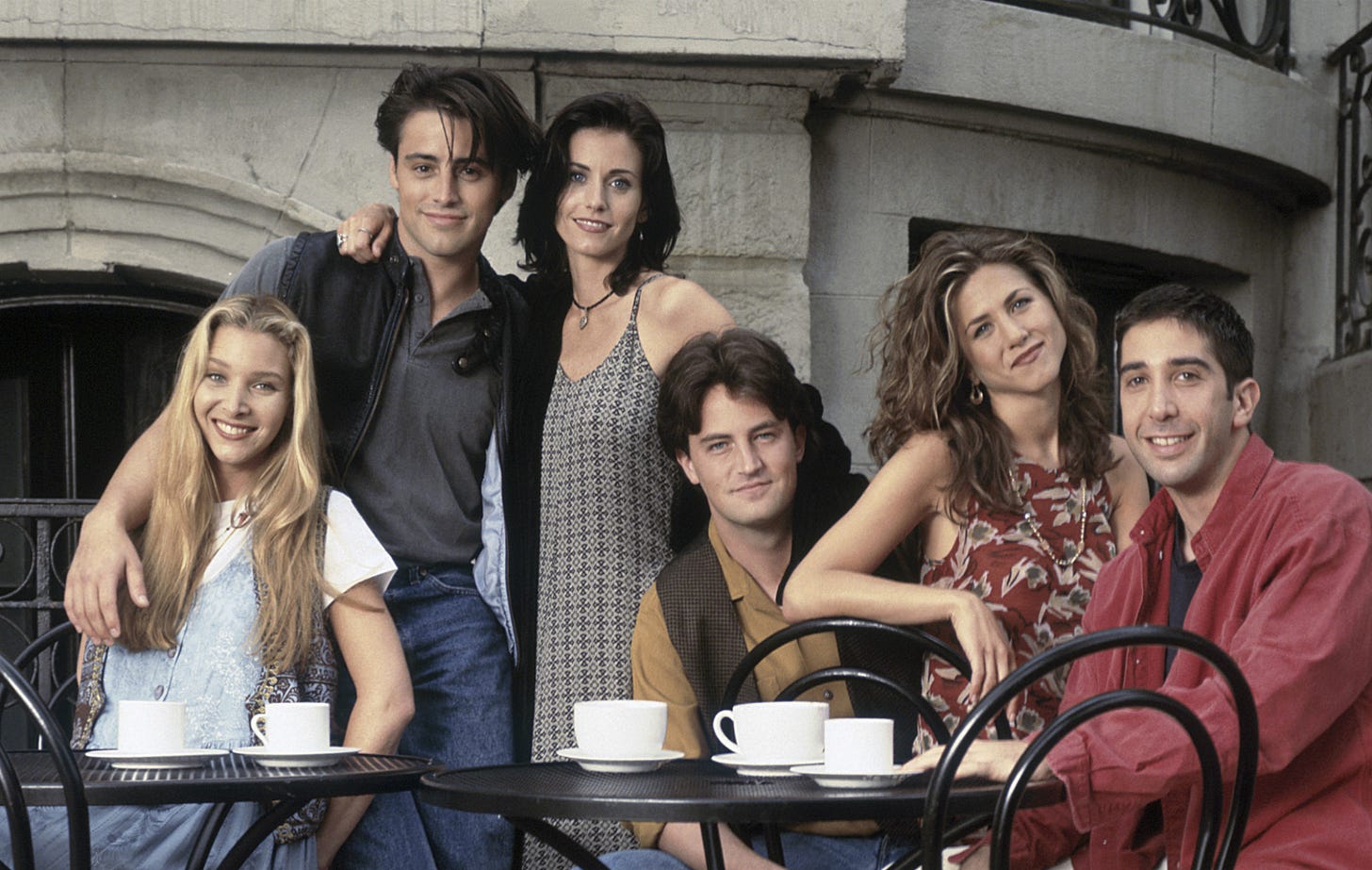Have you watched…?
If you have been dreading this question, you are not alone. Talking about a new show or movie is common at social gatherings in the so-called new golden age of television. And that has always been the case. TV shows have been a common topic for decades. Some epic TV moments were even able to stop a whole country, as happened in Seinfeld's and Friends' finales.
What is striking is the sheer number of brand-new shows and how the conversation has moved online.
Previously, you would talk about the latest episode with your neighbors, friends, or colleagues, but now you chat about Game of Thrones with people a continent away. When episodes were released once a week, we had to wait a whole week for the next one. The episode would usually end on a cliffhanger, generating water cooler talks about impressions and theories. To emulate this buzz, some shows are now released weekly rather than as a whole package.
There's just too much being produced and released out there. It's impossible to keep up. Even when you are trying to keep up-to-date with only one streaming platform. Netflix for instance releases around 15-20 series and movies every week.
When you add to that the abundance of streaming platforms: Netflix, HBO Max, Disney+, Apple TV+, Amazon Prime, Hulu, Peacock, Starz, YouTube, BBC… It's just an impossible feat.
Fear of Missing Out #FOMO
FOMO or Fear of Missing Out was first described as the feeling you get when you don't show up to a party or event. You fear missing something significant in your social life that could happen at this event. With the advent of social media, we now can have a peek at everything that we did (apparently) miss out on by not being out, which causes a lot of stress, especially for youngsters.
But FOMO is more than that. It refers to the psychological phenomenon where you feel as though you pushed aside a worthwhile opportunity and missed out on its benefits. It is a side effect or even a cause of social media addiction. We turn to social media because we don't want to miss what is happening, we don't want to be out of the conversation. There is an unnecessary level of anxiety about trying to be up-to-date and part of the conversation. Whatever the conversation is.
Algorithms (and tech companies) rely on FOMO. They contribute to making this trend even worse. I'm sure you have had the experience before: you log in to social media and stumble into a meme, word, or hashtag that you have no idea what it is about. Or people are angry or complaining about a story that you don't understand. You start searching for clues to uncover what is happening. There's something inherently human about us wanting to know, so we can fit in.
But, with so much information out there, it's an impossible feat, and it's honestly making us a tad crazy.

Social media intensifies this FOMO about TV shows as well. And streaming platforms are all about playing this card. They want everyone to talk about their shows online. The more the merrier. That's one of the reasons they reverted back to releasing some shows weekly.
According to a survey, more than one in five people said they would watch an entire series over one weekend just to stay current. Just to participate in conversations with colleagues and friends!
In a way, even the time we have to relax is not relaxing anymore. Watching something for fun becomes a need and not a want. It is stressful when your friends keep asking if you finally finished 'Breaking Bad' or if you ever started “Game of Thrones.” The way that these television shows are marketed and the reverence given to them by fans makes it seem that if you have not seen them, you are missing out on an integral part of popular culture. Unsurprisingly, they are both on the top 5 shows people have lied about watching.
All I know is we can't keep up

There were over 550 running shows in 2021. This number has been increasing by around 23% in a given year. There are many reasons for this upward trend, the biggest being the rise in the number of streaming services.
There's no way to keep up, and there shouldn't even be a need. Even if you dropped out of school or quit your job and watched nothing but TV, you would have no chance of keeping up with all the references and jokes that might be made.
FOMO has another perverse side. It makes you feel like you could be doing more significant things with your time. When you have 550 brand-new shows released every year, it becomes challenging to choose. It always seems like you are making the wrong decision.
To counteract this, just remember: it is 100% guaranteed that you will indeed miss something.
"Which isn't actually a problem anyway, it turns out, because 'missing out' is what makes our choices meaningful in the first place. Every decision to use a portion of time on anything represents the sacrifice of all the other ways in which you could have spent that time, but didn't - and to be willing to make that sacrifice is to take a stand, without reservation, on what matters most to you.” - Oliver Burkeman
We are long past the days when most people watched whatever was on TV at night. There's just so much content and platforms, that it's just fractioning the viewership. So pick your favorites and what interests you the most. Additionally, there are YouTubers and podcasters you can follow who can give you suggestions for what to watch, or you can subscribe Read, Watch, Binge. :)
It's time to let go of wanting to be on top of what everyone is watching. Even if that means watching your favorite sitcom again and again.
What to watch?
Fyre: The Greatest Party That Never Happened.
A once-in-a-lifetime music festival to be held on a paradisiac island, full of rich people and beautiful women. That's how the Fyre Festival was marketed: as an exclusive event meant only for very selected people. And by selling it like that, they were able to scam and take the money of many people around the world. This documentary shows how they played with people's FOMO and made one of the most high-profile fraudulent failures in history.
What to read?
Four Thousand Weeks: Time Management for Mortals, by Oliver Burkman.
A book to counter-act the need to always be on top of everything, to do the most we can of our lives, and manage every second of our days. You should read this if you suffer from FOMO and are always worried about doing more with your day and your life.
What to binge?
Friends. I've watched it so much, I know the lines from many episodes. When you don't know what to watch, it's never a problem to turn back to it again and again. It's comfort-TV. It makes your day lighter and never disappoints.









